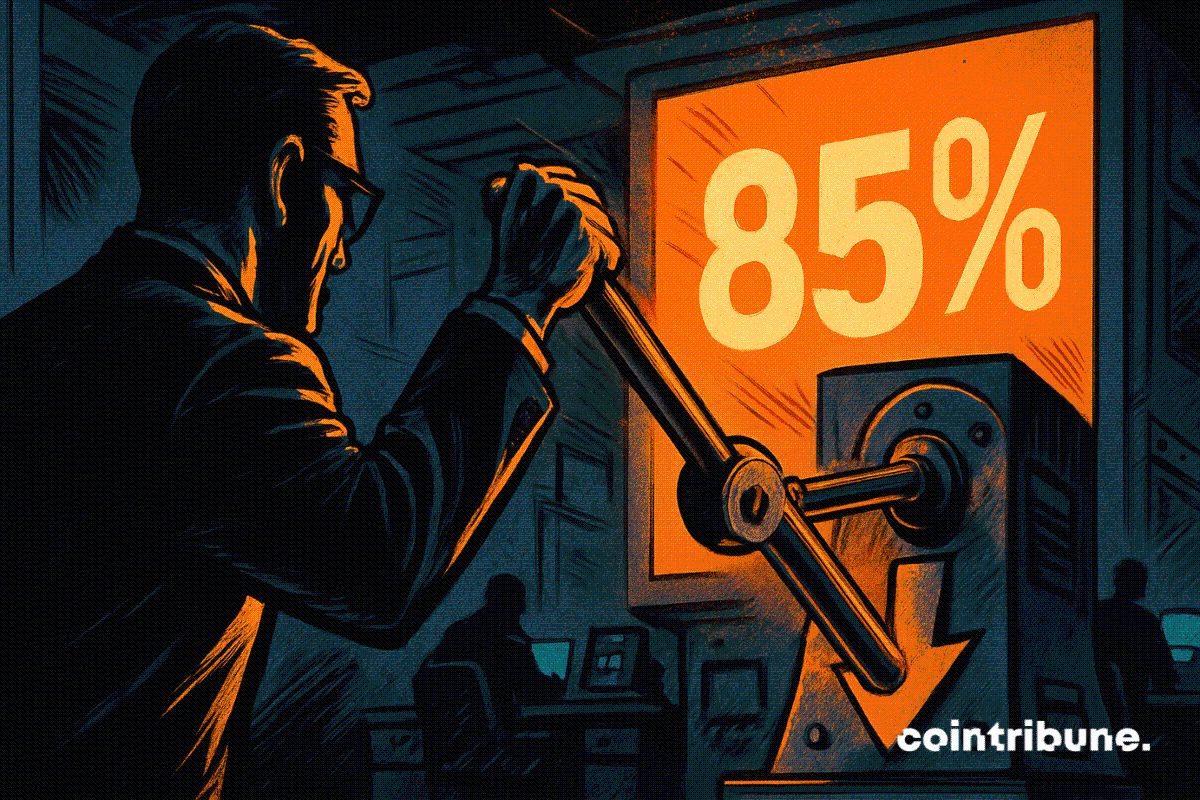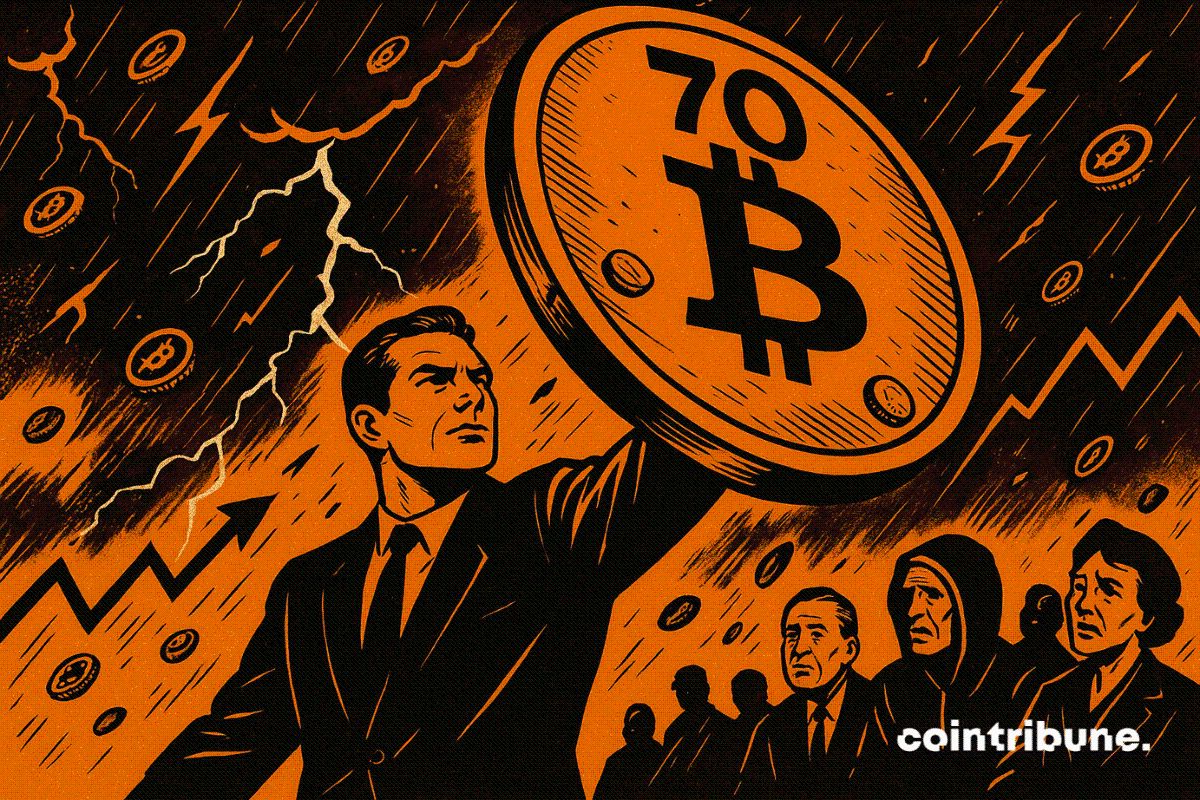Does USPS's Legal Shield Cover Deliberate Mail Slowdowns? Supreme Court Set to Decide
- U.S. Supreme Court to decide if USPS's FTCA immunity covers intentional mail delays in Lebene Konan's case. - Konan claims employees withheld her mail for 24 months due to racial bias; Fifth Circuit ruled intentional acts are not exempt. - USPS warns a ruling for Konan could trigger lawsuits over minor issues, increasing legal risks and costs. - Case highlights accountability concerns amid reliance on mail for critical transactions like medical supplies and legal documents. - Decision expected in 2026 ma
The U.S. Supreme Court is preparing to take up a significant legal dispute concerning the U.S. Postal Service's (USPS) protection from lawsuits related to mishandled mail, following a two-year legal battle brought by Texas landlord Lebene Konan. This case, which has attracted widespread attention from legal scholars and lawmakers, focuses on whether the Federal Tort Claims Act (FTCA) postal exemption applies when postal workers are accused of intentionally failing to deliver mail. Konan, who works in real estate and insurance, alleges that two USPS employees in Euless, Texas, purposefully withheld her mail for two years, motivated by racial bias and prejudice against property owners.
The heart of the dispute is the interpretation of the FTCA's postal exemption, which protects the USPS from being sued for "loss, miscarriage, or negligent transmission" of mail. Konan's attorneys contend that this protection should not extend to deliberate wrongdoing, such as the alleged intentional labeling of her mail as "undeliverable" or "return to sender."

Konan's lawyers, on the other hand, challenge the idea of a flood of lawsuits. Her attorney, Easha Anand, maintained that cases like Konan's are unusual and that the USPS would still be protected from most claims related to mail issues, even if the Supreme Court sides with her client.
The Supreme Court's ruling, anticipated in early 2026, is expected to have significant consequences for both USPS operations and individuals. If the Court rules in Konan's favor, the postal service may need to implement stricter controls over employee behavior; if the case is dismissed, the current legal protections for the agency against intentional misconduct claims will remain in place.
Disclaimer: The content of this article solely reflects the author's opinion and does not represent the platform in any capacity. This article is not intended to serve as a reference for making investment decisions.
You may also like
Crypto Surges As Fed Eyes Rate Cut In December

Strategy unveils a new anti-panic weapon against the bitcoin crisis

dYdX’s performance-driven affiliate system establishes a new benchmark for DeFi rewards
- dYdX's v9.4 upgrade introduces a performance-based 50% commission tier, replacing static VIP tiers with dynamic affiliate fees tied to real-time trading volume. - The sliding fee model automatically adjusts commissions (30% base, 50% for top performers) to align affiliate rewards with platform liquidity and growth goals. - Competitors like Bitget and YWO also adopt performance-driven affiliate strategies, reflecting a broader DeFi trend toward merit-based incentives. - dYdX's protocol-level hard-coding o
The Growth of Ready-to-Develop Infrastructure in Upstate New York and Its Influence on Industrial Property
- Upstate NY's industrial real estate is transforming via shovel-ready infrastructure and public-private partnerships, targeting advanced manufacturing and clean energy sectors. - FAST NY's $400M grant program has funded 37 projects since 2022, upgrading 7,700 acres to attract $283M+ in private investments like Chobani's regional operations. - Webster's Xerox campus redevelopment ($9.8M FAST NY grant) exemplifies mixed-use "bluefield" models combining manufacturing with residential zones to create sustaina
